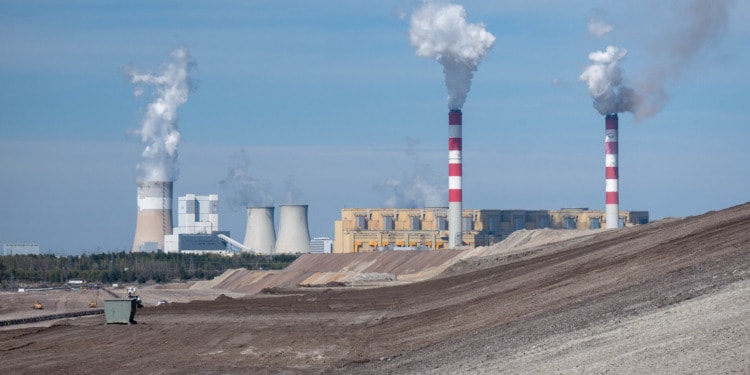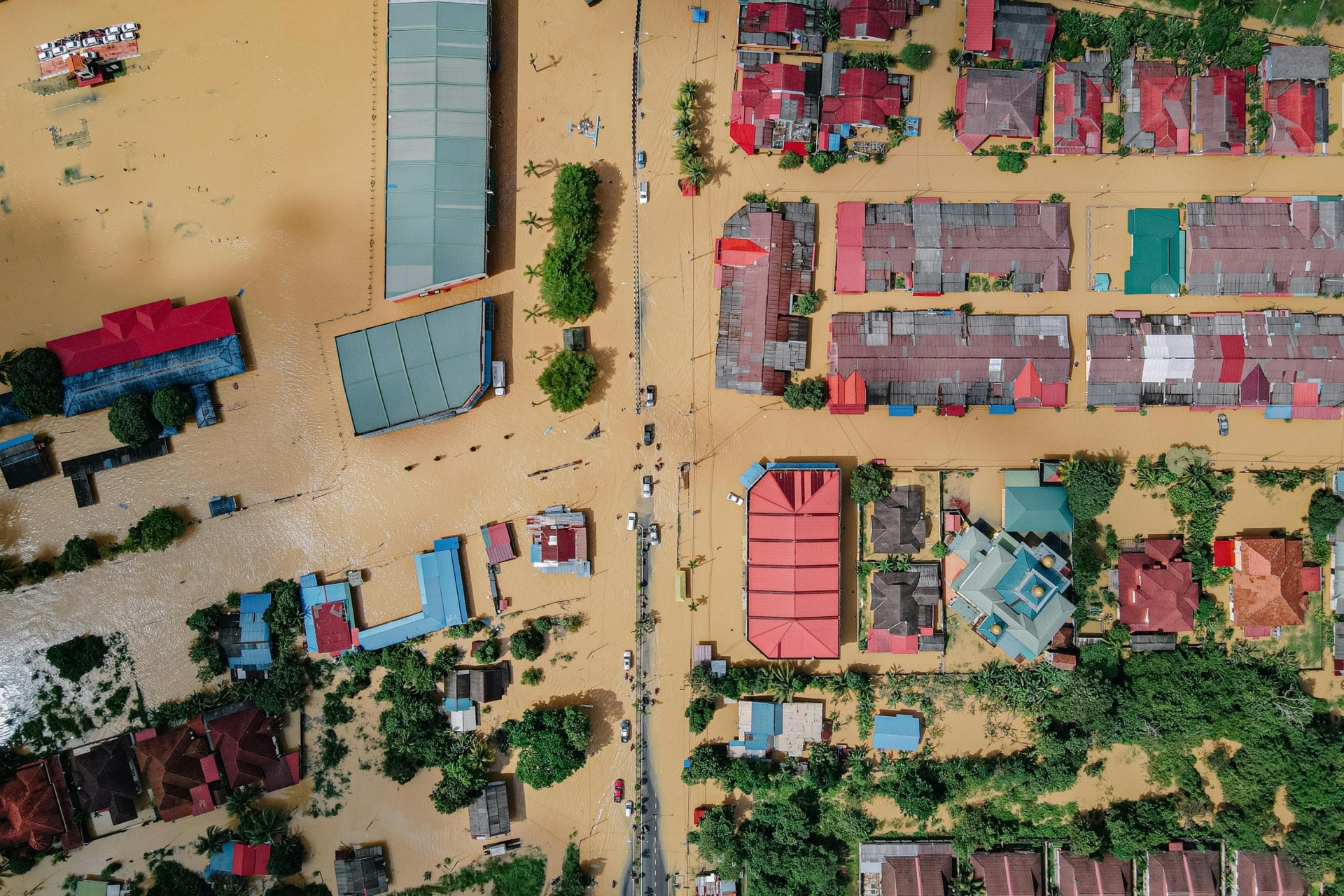While scientists continue to express alarm about rising temperatures, a climate campaign launched on Tuesday puts the spotlight on 30 corporations using the U.S. and European bond markets to drive planet-heating coal, gas, and oil expansion.
The Toxic Bonds initiative found that the targeted fossil fuel giants—including Adani Group, BP, Chevron, China National Offshore Oil Corporation (CNOOC), ExxonMobil, Gazprom, Korea Electric Power Corporation (KEPCO), Saudi Aramco, Shell, and TotalEnergies—collectively have over $491 billion in bonds that are outstanding.
“Bonds are a critical source of funding for companies seeking to expand their coal, oil and gas activities – these are Toxic Bonds. The companies listed – the Dirty 30 – are all planning major expansion and are using the bond market to finance these plans”, announces the initiative on their website.
The bond market seemingly has emerged as a “back door” through which oil, gas and coal companies are obtaining financing for new or growing projects, said Nick Haines, manager at SumofUs, a global non-profit advocacy organization and online community that campaigns to hold corporations accountable on issues such as climate change. “As bank lending for coal has tightened, the bond market remains a safe haven for fossil-fuel companies to fund expansion,” he said.
The nonprofits behind the initative also found that coal companies with the biggest operational expansion plans raise 2.5 times more capital via bond markets than through bank loans. In India and China, bonds are now the main source of coal finance, according to an analysis by the Sunrise Project, a global network of changemakers who believe in the power of social movements to change the world.
“No one has yet looked at the sheer amount of money that has been going into companies that have big expansion plans across coal, oil and gas,” Alice Delemare Tangpuori, senior bonds strategist at the Sunrise Project, said in an interview. “If you zoom in on the fossil-fuel sector and look at just the companies with the biggest expansion plans, particularly for coal, it shows they are heavily reliant on bonds.”
United Nations Secretary-General Antonio Guterres has warned that the planet is now “sleepwalking” toward a “climate catastrophe.”
“As bank lending for coal has tightened, the bond market remains a safe haven for fossil fuel companies to fund expansion. This has so far received too little scrutiny,” said @nickhainez @SumOfUs pic.twitter.com/4Nhm1JUDgh
— Toxic Bonds (@toxic_bonds) May 11, 2022
According to Bloomberg data, which exclusively reported on the initiative Tuesday: “Coal companies have raised more than $12 billion from bonds so far this year, well exceeding the roughly $5 billion raised in the same period of 2021. That’s one of the busiest starts to a year since the Paris climate accord was struck in late 2015.”
The nonprofits said the five companies spending the most on exploration for new oil and gas resources are PetroChina Co. Ltd, CNOOC Ltd., Shell, China Petroleum & Chemical Corp. and Pemex Corp. And, the five companies with the biggest short-term expansion plans in oil and gas are QatarEnergy, Gazprom PJSC, Saudi Aramco, Exxon and Petrobras.
A Toxic Bonds statement on Twitter reveals that since the Paris climate talks in 2015, $2 trillion oil and gas bonds have been issued.
A recent analysis led by researchers from the Met Office, the UK’s national meteorological service, revealed the likelihood of surpassing the key 1.5 °C global warming limit has risen to nearly 50 percent in 2022, compared to 20 percent in 2020.
The accumulation of reports with alarming results from scientific organisations, flags the urgent need to step up plans for a rapid decrease in emissions and replace fossil fuels. Yet, corporations continue to ignore these messages, while using the bond market in order to finance fossil fuel expansion.
Editor’s Note: The opinions expressed here by Impakter.com columnists are their own, not those of Impakter.com — In the Featured Photo: Belchatow power plant; the biggest coal-fired power plant in Europe. Featured Photo Credit: Flickr.com














